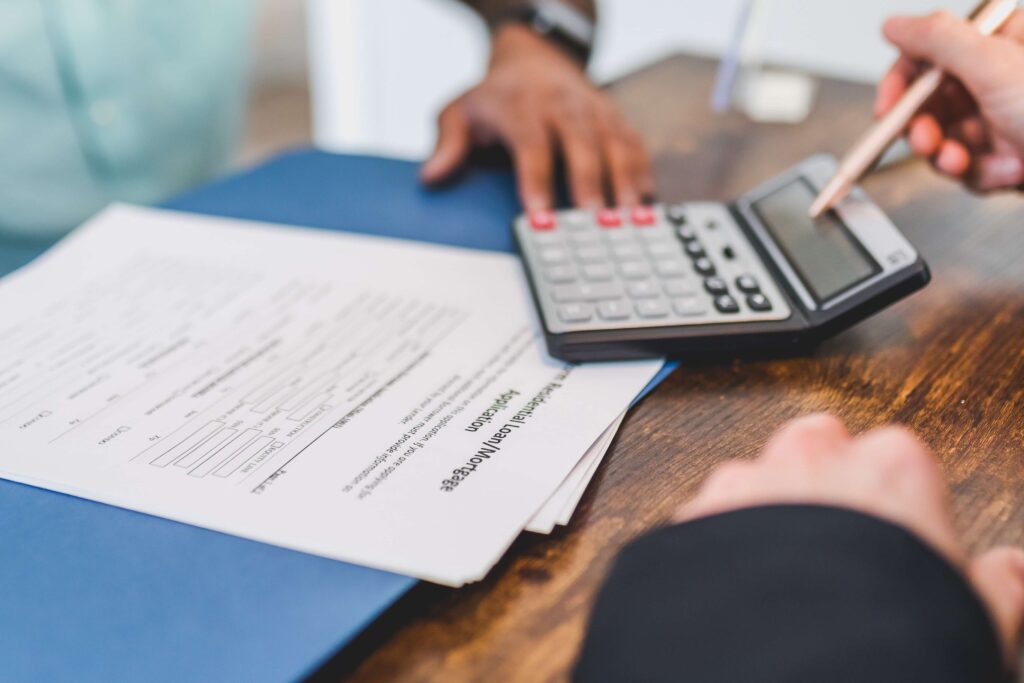
Want to Join the Ranks of Property Investors? Here’s What You Need to Know
Are you interested in becoming a property investor, but not sure where to start? We can’t provide investment advice or find the perfect rental property for you, but we can help you determine how much you may be able to borrow and take care of a lot of the legwork for you. Read on for the most important things to know about property investment.
Cash or Equity: Which is Best for Funding Your Investment Property?
You may be surprised to learn that you don’t necessarily need a cash deposit to purchase an investment property. If you already own your own home and have enough equity in it, you may be able to borrow against that equity to fund the deposit and purchase costs. We’ll explain this opportunity in more detail later.
Alternatively, if you’re a first-time home buyer, you can consider “rentvesting.” This means buying an investment property and renting it out, while you continue to rent the home you live in. In this case, you’ll need at least a 40% deposit on the rental property.
Using Equity from Your Existing Home to Fund Your Investment Property
Equity is the difference between the current value of your house and how much you owe on it. With property prices rising rapidly, even if you bought your house just a few years ago, you may find that you already have some equity built up.
For example, if your home is now worth $700,000 and your outstanding mortgage is $400,000, you have $300,000 in equity. The faster you repay your mortgage, the more equity you build. And the more your home increases in value, due to market trends and/or improvements, the more equity you build.
So, how much can you borrow? The answer depends on your situation. You can typically borrow up to 80% of your current property value, so using the previous example, up to $560,000 (80% of $700,000), less what you currently owe on your mortgage ($400,000). So, you may be able to borrow $160,000 for a deposit on a second property, assuming you can afford the regular repayments on what would become a mortgage of up to $560,000.
However, equity is just one of the factors that your lender will consider. They will also look at your income and the potential rental income of the investment property. If you’re not sure where you stand, we can help you understand if your equity and income levels are sufficient, and what is a good rental yield from a lender’s standpoint.
Rentvesting: An Option for First-Time Home Buyers
Depending on your circumstances, buying an investment property as a first-time home buyer can make good financial sense. For example, you may buy a house in a more affordable area and rent it out, while renting the home you live in in your preferred suburb.
However, rising house prices have made saving a deposit particularly challenging, and raising 40% may be out of the question for now. Also, “rentvestors” can’t use their KiwiSaver money: you can only withdraw your funds for a home you intend to live in.
Your Investment Loan Options
Depending on your investment strategy, some loan types and repayment options may be more appropriate than others. We can help you understand the different rates, fees, and features available with different loans, and our assistance doesn’t end there.

